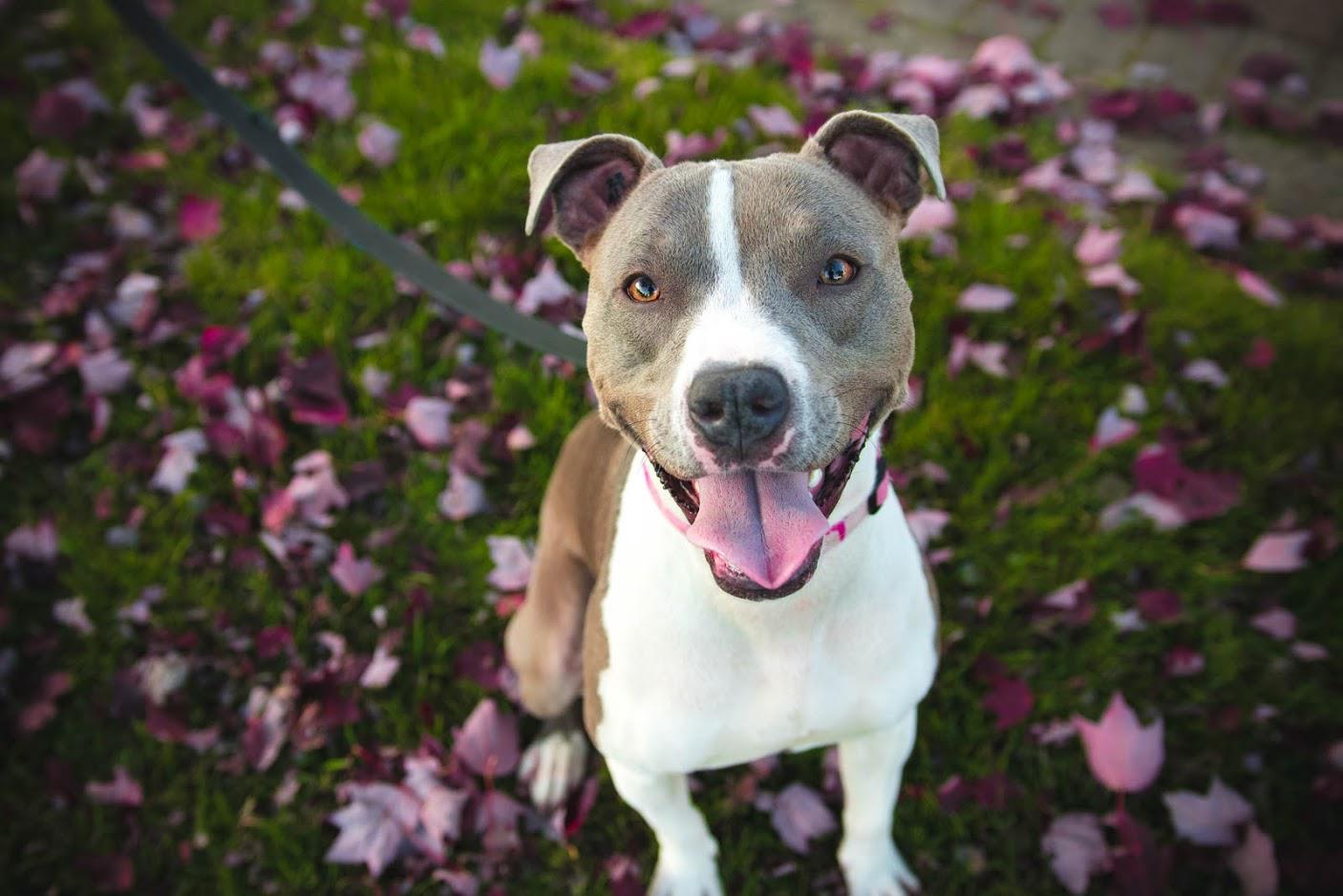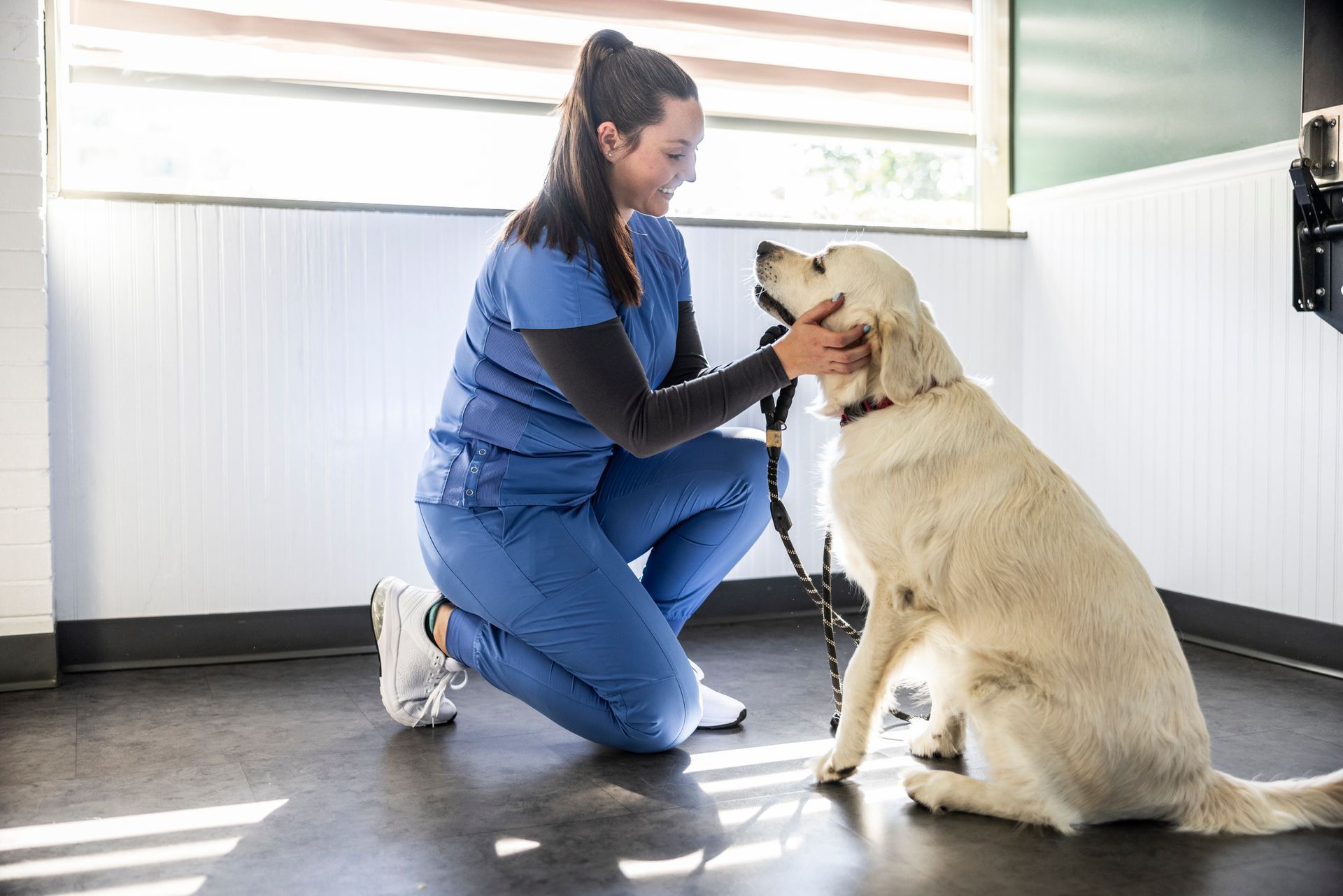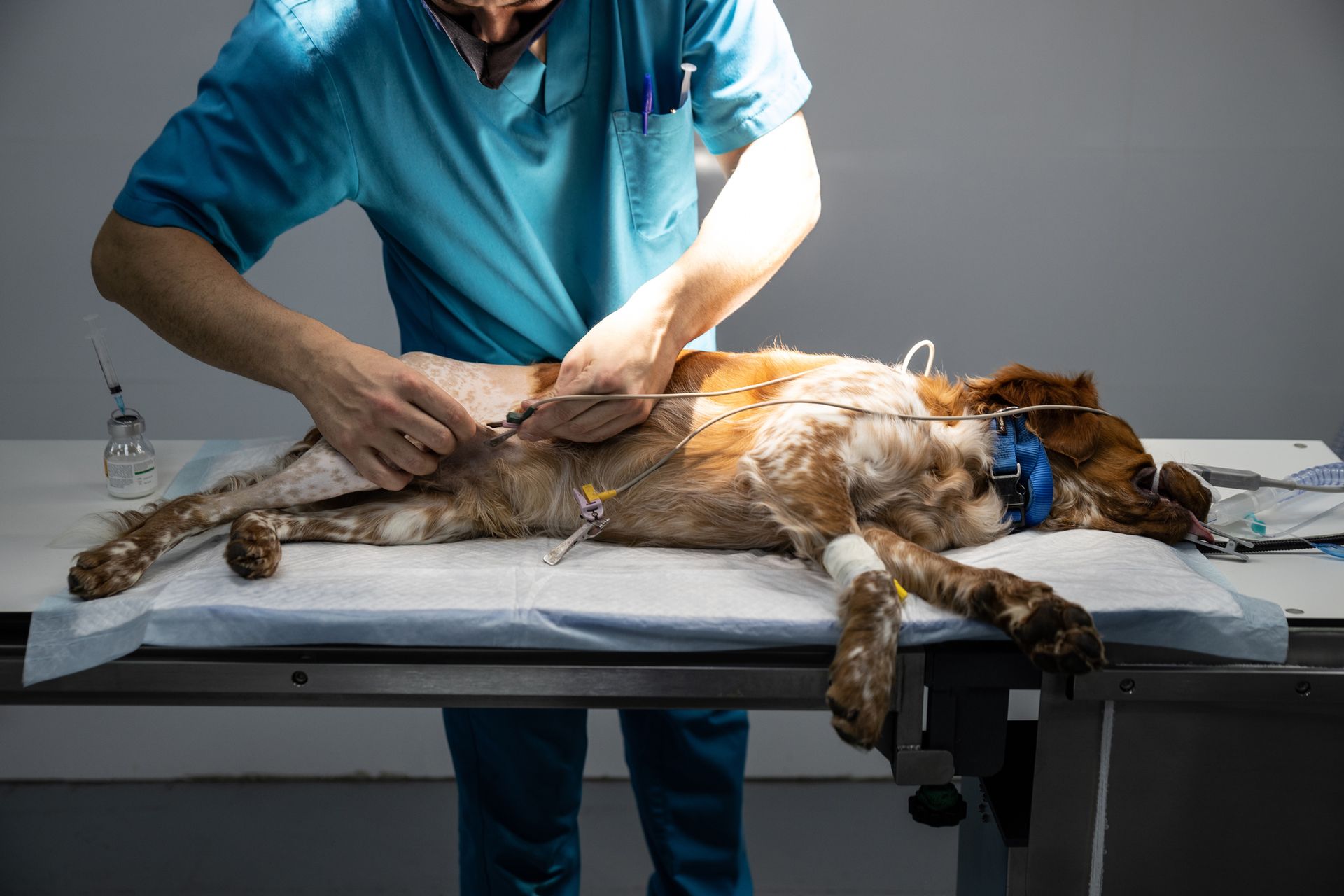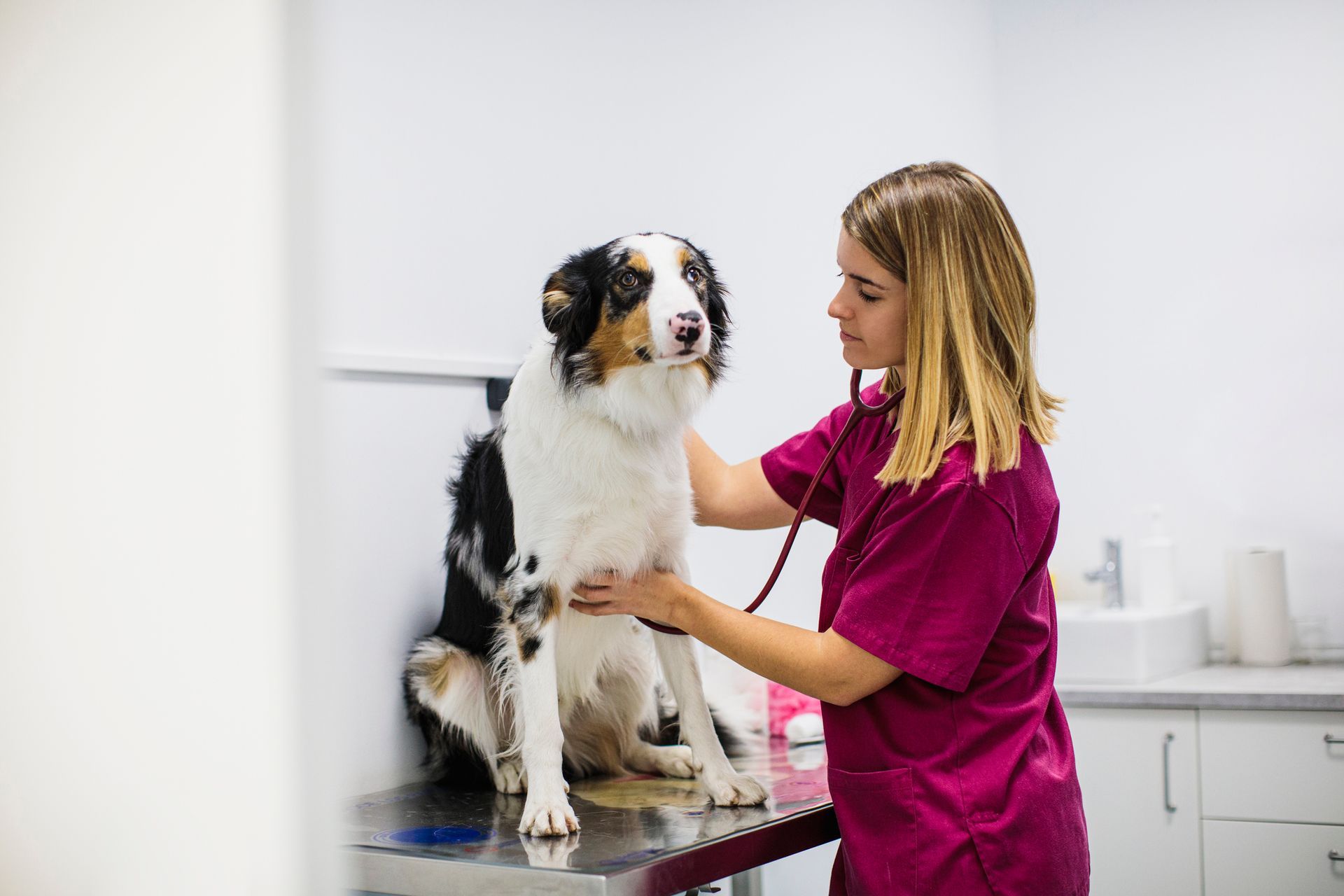What You Need to Know About Canine Constipation
Admin • April 27, 2020
Is your dog constipated? If your pup isn't their regular self, take a look at what you need to know about canine constipation, how to treat the problem, and when to seek emergency help.
What Is Canine Constipation?
Constipation is a common defecation issue that can result in temporary or chronic symptoms. Even though canine constipation has its own set of signs and symptoms, the process behind this issue is similar to what a human may experience. Constipation is the inability to effectively defecate.
There are several different potential causes of canine constipation. These include:
- Your dog's diet. Fiber is essential to healthy bowel habits. If your dog has low or no fiber in its diet, constipation may become a serious problem.
- Your dog's accidental diet. Unintended food (such as socks or toys) can cause serious blockages in your dog's intestine. If your dog eats non-food items, they may exhibit the signs of constipation. This type of constipation is an emergency issue that requires immediate treatment.
- Your dog's water intake. Dehydration can also lead to canine constipation.
- Your dog's medications. If your dog takes medications (such as antihistamines or diuretics) they may suffer from constipation.
- Your dog's physical activity/exercise level. Low or no activity can cause constipation.
- Your dog's age. Older dogs are more likely to suffer from constipation than younger pups.
Along with these common causes, an enlarged prostate, digestive tract tumors, spinal injuries, stress, central nervous system disorders, some metabolic diseases, and recent surgeries can cause constipation. Now that you know what canine constipation is and what causes this condition, you should learn more about what to watch for.
What Are the Symptoms of Canine Constipation?
Like human constipation, the dog version is a common gastrointestinal (GI) issue that includes noticeable symptoms such as:
- No defecation. A key sign of constipation is the lack of stool. If your dog hasn't defecated in hours or a day, you may be unsure whether they're constipated or not. But if they've gone a few days without a bowel movement, your dog is probably constipated.
- Hard stools. Some constipated canines still have bowel movements. Even though your dog may still relieve themselves, hard or dry stools are signs of constipation.
- Small stools. Along with hardness, some constipated dogs also have small stools.
- Defecation difficulty. Does your dog strain to defecate? Also known as tenesmus, straining to defecate (typically with no results) may indicate constipation.
Your pup can't communicate this often-uncomfortable issue. This makes watching for signs absolutely essential. But you shouldn’t only check their stool or defecation habits. Bowel symptoms aren't the only signs of canine constipation. Your dog may also seem lethargic, vomit, or have a loss of appetite.
What Should You Do If Your Dog Has Constipation Symptoms?
You've checked one or more of the common constipation symptoms off the list. What is the next step to take if you suspect your dog has this GI disorder? Pet owners who think their dog is constipated should:
- Contact the vet. Even though it's easy to spot noticeable symptoms, your dog needs a professional diagnosis. Call the veterinarian's office and explain the symptoms. Your pet will probably need an in-office appointment for a physical exam and evaluation.
- Track the symptoms. How often does your dog defecate? What is the quality of their stool? These are questions the vet will need answers to. Whether your dog has a bowel movement every day, every other day, or not at all, track your dog's defecation habits.
- Watch for other symptoms. Your dog may have other problems besides constipation. Observe what/how your dog eats and drinks, sleeps, and plays. Note any changes in eating or activity habits.
The vet may ask for a stool sample. If your dog is still able to defecate, follow the office's collection procedure, and bring the sample to the visit.
How Can the Vet Treat Constipation?
Even though constipation is uncomfortable, your dog doesn't have to suffer from this condition. The vet can help your pup and recommend a treatment to get their GI system back on track. Common canine constipation treatments include:
- Dietary changes. If your dog's diet is low-fiber, the vet may recommend specific changes. These could include a change in dry food, a prescription food, moist canned food, or the addition of fiber-rich options such as pumpkin.
- Fiber supplements. Only give your dog fiber supplements under veterinary supervision. Never give your dog human supplements or anything you choose without professional assistance.
- Added exercise. The vet may suggest additional exercise to help your dog's bowels move.
- Added hydration. If your dog is dehydrated, they may need more water.
- Fecal removal. If at-home changes don't affect your canine's constipation, the vet may need to manually remove impacted feces.
- Medications. The vet may prescribe medications to help your dog defecate.
Blockages or serious cases on constipation may require surgical removal. If you don't know why your dog is constipated or think they may have an intestinal obstruction, get emergency veterinary attention immediately.
Does your dog have defecation issues? Contact South Seattle Veterinary Hospitalfor more information.











